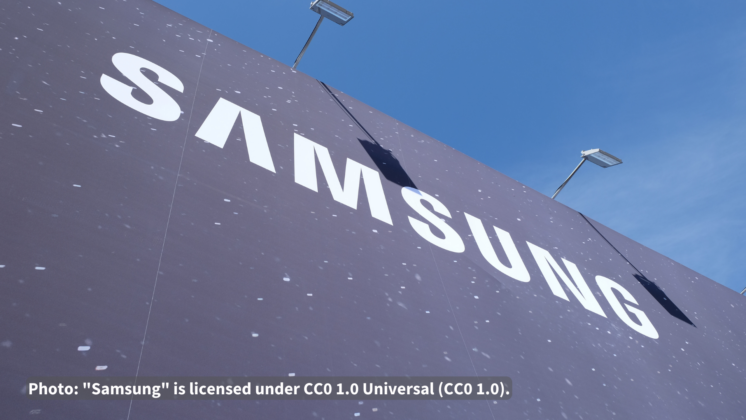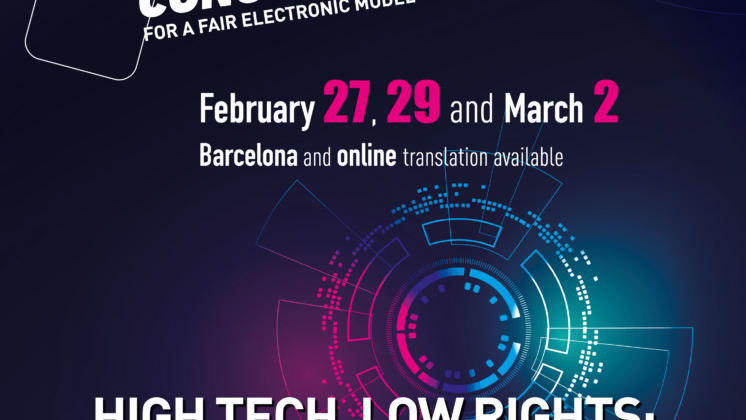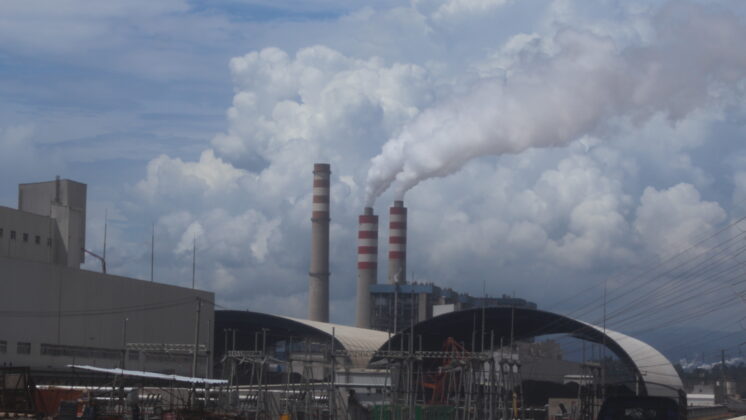Following a three-year undercover investigation, Greenpeace has shown once again that electronic waste - like your old TV set - still isn't being responsibly recycled like it's supposed to be. Instead, e-waste is being disguised as second-hand goods and shipped off to Nigeria, where it is sold, scrapped or illegally dumped.
Following a three-year undercover investigation, Greenpeace has shown once again that electronic waste - like your old TV set - still isn't being responsibly recycled like it's supposed to be. Instead, e-waste is being disguised as second-hand goods and shipped off to Nigeria, where it is sold, scrapped or illegally dumped.
Greenpeace has been investigating the immoral and illegal e-waste dumping in developing countries since 2002. After China, India, Pakistan and Ghana, this is the story of how one very broken Philips TV managed to avoid being tested and recycled according to EU regulations and instead ended up in Nigeria as "second hand goods".
By taking out the toxic chemicals from the products and securing global recycling schemes, electronics manufacturers can ensure that countries like Nigeria do not end up with Europe's toxic e-waste.
According to Greenpeace, Philips is one of the biggest obstacles in the electronics industry to tackling the growing problem of e-waste. Unlike many of its competitors Philips does not provide any voluntary take-back and promotes an approach that means the public will pay more or distorted costs for recycling old products. Philips promises sense and simplicity in everything it does. However on toxic e-waste Philips is pushing a senseless and irresponsible approach.
Greenpeace is pressuring Philips to change, and is calling upon consumers to find out how to make sure electronics devices do not end up polluting the poor. Join Greenpeace and tell Philips to simply take back and recycle its products.











